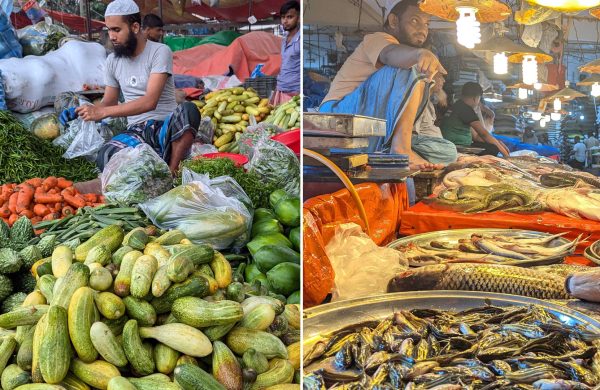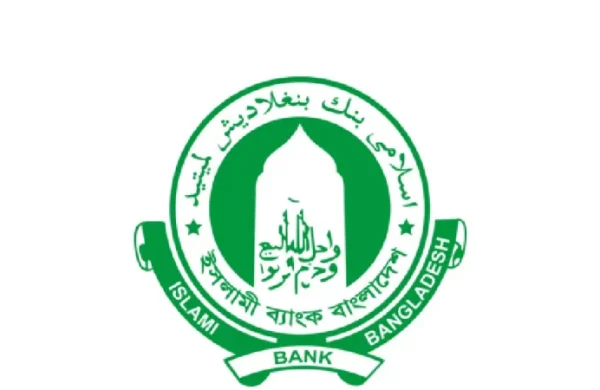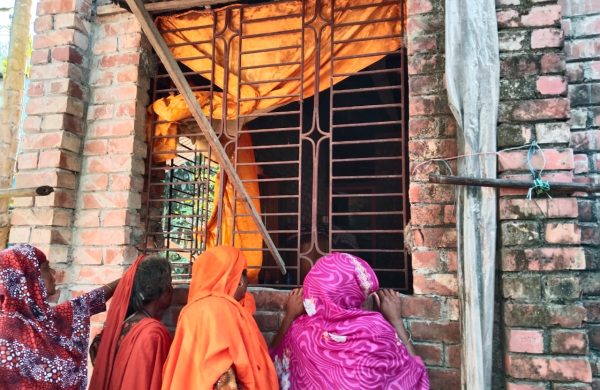17 banks in Tk1.77 lakh crore provision shortfall amid soaring NPLs
- Update Time : Wednesday, June 18, 2025

Staff Correspondent:
The surge in non-performing loans (NPLs) left 17 banks grappling with a cumulative provision shortfall of Tk1.77 lakh crore as of March-end this year – an escalation from three months prior, when 12 banks had a deficit of Tk1.09 lakh crore.
In the March quarter of the current 2024-25 fiscal year, seven new banks joined the list of those facing a provision shortfall, collectively accumulating a deficit of Tk41,000 crore in just three months, according to Bangladesh Bank’s latest Classified Loan and Provisioning Report.
While seven banks newly entered the deficit list compared to December, two banks managed to exit the shortfall category within the same period.
The new entrants to the provision deficit list are Bangladesh Commerce Bank, NRB Bank, NRBC Bank, Premier Bank, Union Bank, United Commercial Bank, and First Security Islami Bank. Conversely, state-owned Sonali Bank and Bengal Commercial Bank managed to overcome their provision deficits in the three months.
Bankers attribute the provision shortfall directly to the escalating volume of non-performing loans. They suggest that many of these loans had been in default for years but were shown as regular during the previous government’s tenure due to political influence on top business groups. With the change in political administration, banks are now being pressured to disclose the true picture, revealing the sector’s actual financial health.
Syed Mahbubur Rahman, managing director and CEO of Mutual Trust Bank, that the rise in NPLs necessitates banks to hold higher provisions, which will consequently reduce their profitability and erode their capital, thereby lowering their Capital to Risk-weighted Assets Ratio (CRAR).
Banks will have to meet this provision shortfall from their net profits, which means some banks will be unable to declare dividends for years, he said. “Banks must now focus more on recovery processes. Simultaneously, measures need to be taken to reduce the time for case resolution within the judiciary system.”
Fahmida Khatun, executive director at the Centre for Policy Dialogue (CPD), highlighted that an increase in banks’ provision requirements directly impacts their liquidity.
“This makes it difficult for banks to both return depositors’ money and reduces their capacity to issue new loans,” she observed.
NON-PERFORMING LOANS SOAR
Typically, banks are required to maintain a provision of 0.50% to 5% of their deposits. However, provisioning requirements can range from 20% to 100% depending on the classification of default loans.
Non-performing loans in the banking sector surged by Tk74,570 crore in the March quarter, reaching over Tk4.20 lakh crore. The sharp increase is largely attributed to the implementation of stricter loan classification guidelines and the deterioration of several large loan accounts.
This spike pushed classified loans to 24.13% of total outstanding loans, meaning that nearly one in every four taka lent by banks is now classified as troubled.
Of the total classified loans, bad loans alone account for Tk3.42 lakh crore, representing 81.38% of the total. These are loans deemed unrecoverable, requiring banks to maintain 100% provisioning, which significantly constrains their ability to extend fresh credit for working capital or project financing.
PROVISION SHORTFALL IN BANKS
As of the end of March this year, four of the six state-owned banks were operating with a provision shortfall. Among these, Agrani Bank recorded a deficit of Tk10,031 crore, Rupali Bank Tk7,965 crore, and BASIC Bank Tk5,315 crore.
For the private sector, 13 banks faced deficits, with National Bank having the highest at Tk21,921 crore, followed by IFIC Bank at Tk18,918 crore, Islami Bank Bangladesh at Tk16,477 crore, First Security Islami Bank at Tk15,271 crore, Union Bank at Tk14,264 crore, and Social Islami Bank at Tk10,571 crore.
Other private banks with deficits included Premier Bank (Tk7,017 crore), United Commercial Bank (Tk2,643 crore), NRBC Bank (Tk717 crore), Bangladesh Commerce Bank (Tk585 crore), Dhaka Bank (Tk575 crore), NRB Bank (Tk543 crore), and Standard Bank (Tk512 crore).

















